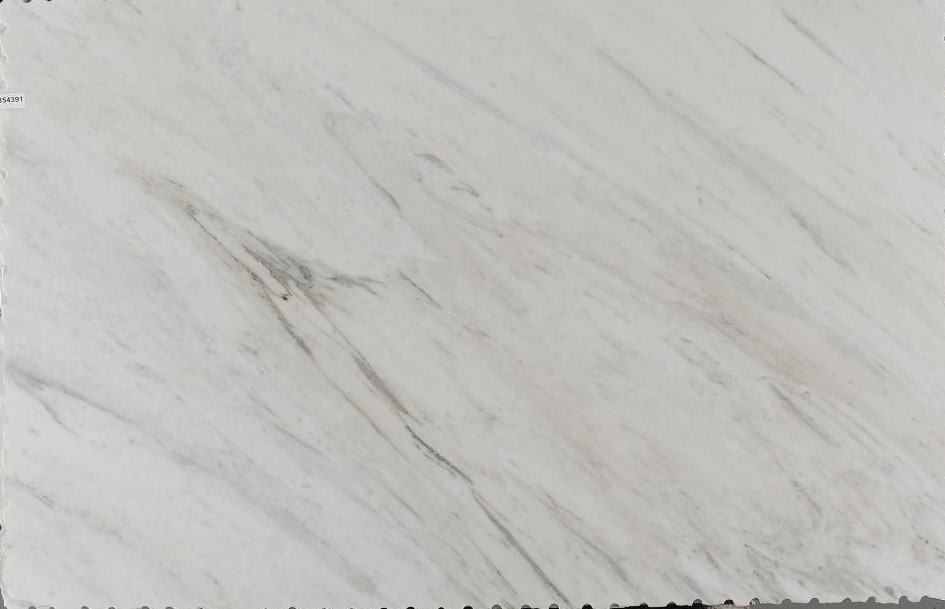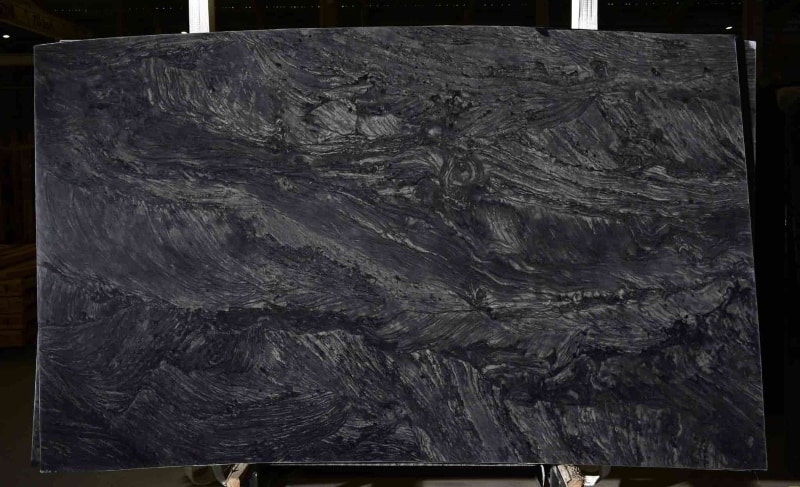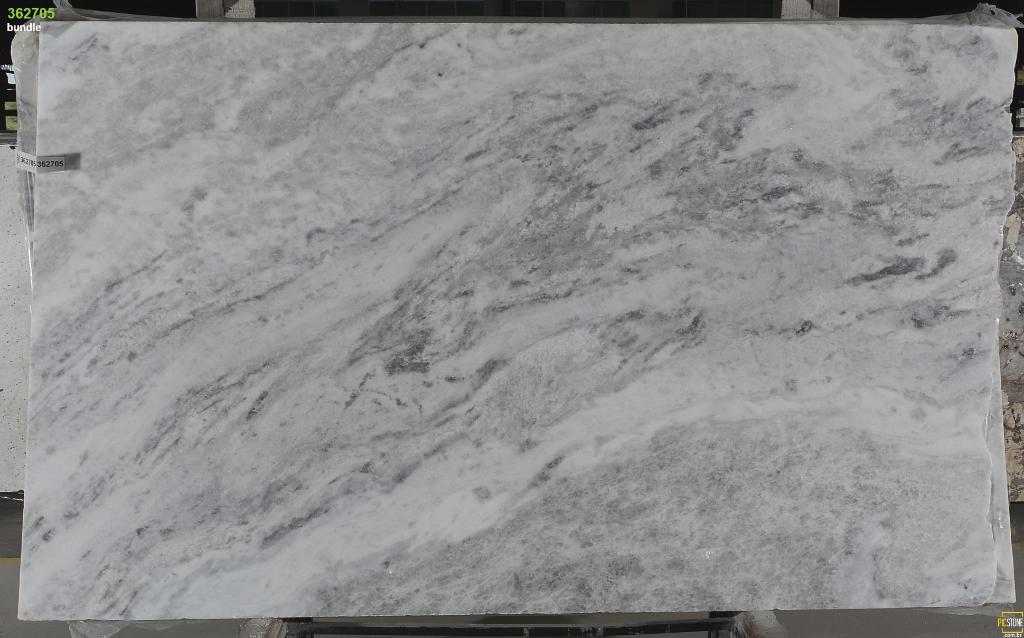Choosing countertops for your kitchen or bathroom can be extremely overwhelming, especially if it is your first time. Considering how similar marble and quartzite can be, deciding which is the better choice for you and your house is very hard.
Both in looks and practical usage, these two popular stones have as many differences as similarities, which may not always be apparent to a first-time or even experienced shopper. Keep reading to learn more about the differences between marble and quartzite!
Similarities Between Marble and Quartzite
1. The first and most fundamental similarity between these two stones is that they are both natural stones. As such, they also have a similar appearance. Marble and quartzite are crystallized stones and have naturally occurring veins and patterns.
Available in mostly neutral tones, they will not only fit into but also elevate your house and bring subtle beauty. Whatever design aesthetic you choose for your home, thanks to their timeless and chic appearance, marble or quartzite worktops are a sure way of improvement.
2. Their similar looks can be enhanced by their similar texture. Marble has a naturally glossy finish, bringing its recognizable appearance and making it highly desirable. While quartzite has a more granular composition, it can be smoothed and polished to achieve the same effect as marble.
At the end of this procedure, the difference between the two is hardly visible.
3. As they are both natural stones, marble and quartzite are long-lasting and durable. Therefore, they will add quite a bit of market value to your house. If you ever decide to resell your property, you can expect your gorgeous marble or quartzite countertops to bring in a lot of attention.

Differences Between Marble and Quartzite
1. Arguably, their hardness is the most significant and crucial difference between marble and quartzite. As quartzite is comprised of quartz, which is one of the hardest materials on earth, it is extremely durable.
Moreover, the hardness of quartzite also affects its porousness. The porousness of the stone determines how much wear and tear it will show and how easy it is to stain. As quartz, quartzite has non-porous compositions, it is very unlikely to show any stains or discoloration.
As spills or bacteria can’t sink into the stone, they can’t cause permanent harm. This isn’t to say marble is not long-lasting. Marble is also an exceptionally durable material. As long as you seal your marble countertops annually, it is unlikely to cause any problems.
2. Marble’s comparatively softer nature comes in handy when customization is involved. Quartzite and marble can be customized based on desired measurements, but marble is a soft material that doesn’t require specialized tools as quartzite does.
Therefore, it is a less tedious process and easier to actualize, which is one of the most significant advantages of marble. That is the exact reason why marble has historically been a popular material for sculptures; it is easier to carve and shape. In contrast, quartzite is harder to shape and install.
3. As mentioned before, marble is more porous than quartzite. Consequently, it requires less maintenance and time in terms of daily cleaning and overall keeping up. Daily cleaning doesn’t require any particular products or much time. Just some warm water and soap is more than enough for quartzite.
On the other hand, you will need to spend a bit of time caring for the marble to prevent stains and permanent discoloration. However, marble and quartzite require resealing to keep up the external defense over the years.

Marble vs. Quartzite Geology
Quartzite originates from quartz, whereas marble originates from calcite. One of the main differences is that calcite reacts to acids, and quartz does not. This means that if you were to drop an acidic liquid such as lemon juice on top of marble, you could observe a chemical reaction.
Therefore, it is best to avoid letting acids such as lemon and vinegar from coming into contact with marble countertops while cooking. For this reason, it is essential to keep up the maintenance and reseal countertops to avoid or lessen such effects altogether.
Conclusion
In short, you might be asking, “marble vs quartzite, which one is better?” But that isn’t the right question. There are advantages of quartzite and disadvantages of quartzite.
On the other hand, marble has qualities that will make you fall in love or make you think it isn’t the one for you. The right question is which is the right choice for you, your lifestyle, and the one most suited for your needs.
As much as choosing between the two is hard, there is no need to worry. Both of these stones are gorgeous and long-lasting materials and will serve your house beautifully for a long while. Therefore, while there is a suitable choice for you, there isn’t necessarily a wrong choice.
As Keystone Marble and Granite, our first and foremost priority is the satisfaction of our customers. In other words, we are invested in helping you make the right choice for you and your dream house as much as you are. Never hesitate to reach out to our expert team for any further information or if you need any assistance.


